This One Unsolved Iowa Murder Will Send Shivers Down Your Spine
What is probably the most notorious, and brutal set of murders in the history of Iowa – the Villisca Ax Murders – also remains one of the most terrifying unsolved murders over 100 years later.
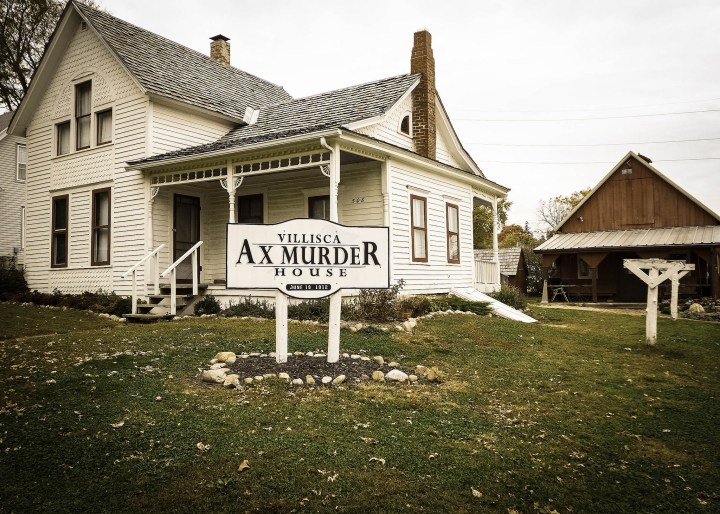
After the program, the family mingled with others until around 9:30 p.m., then walked the three blocks home in the damp, cool, and cloudy night. They went to bed after milk and cookies, completely unaware that no one in the house would ever wake up the next morning.
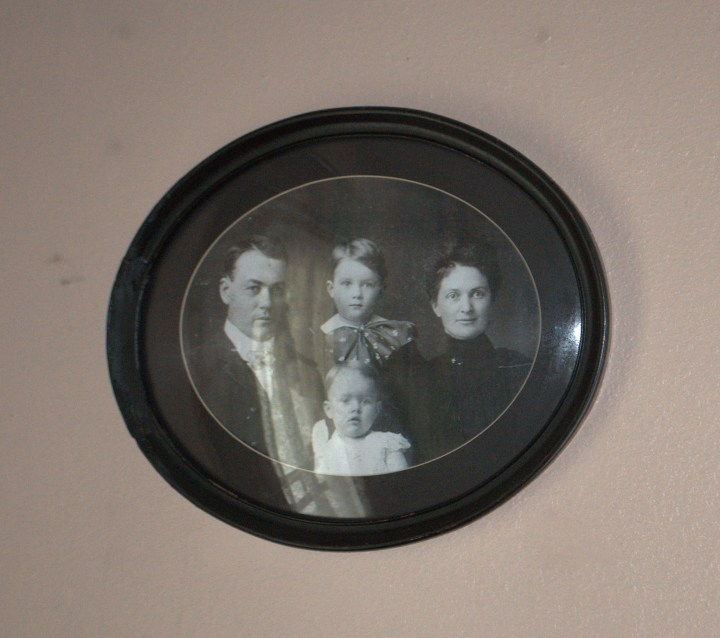
Josiah, Sarah, their 11 year old son Herman, 10 year old daughter Katherine, 7 year old son Boyd, 5 year old son Paul, along with the neighbor girls, Ina, 8, and Lena, 12, were all dead; brutally murdered.
Advertisement
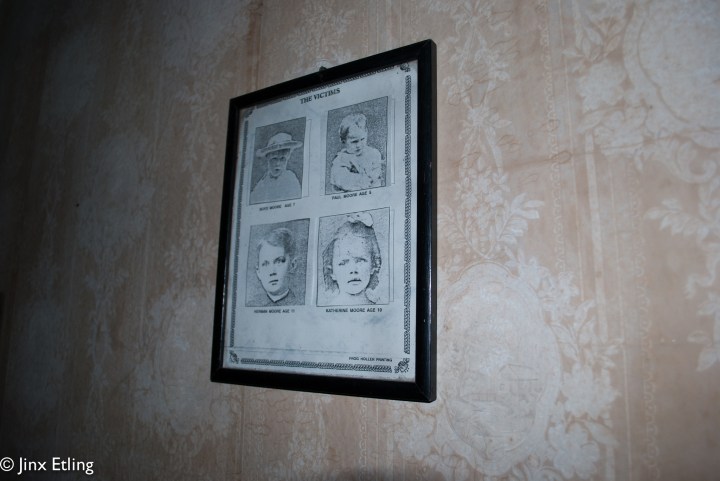
The killer added two particularly puzzling touches to the crime scene. The first was a four-pound slab of bacon lying against the wall next to the ax. The murderer had also searched the dresser drawers for pieces of clothing to cover the mirrors throughout the house, and the glass in the front door. On the kitchen table was a plate of uneaten food and a bowl of bloody water.
Advertisement
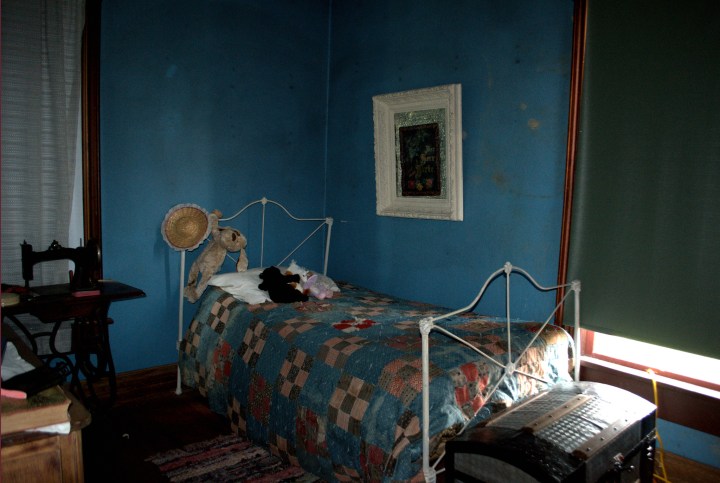
The morning after the murders, around 5 a.m., a man named Reverend George Kelly boarded a train, telling other passengers about a family in Villisca who had been brutally murdered... hours before the family had been found.
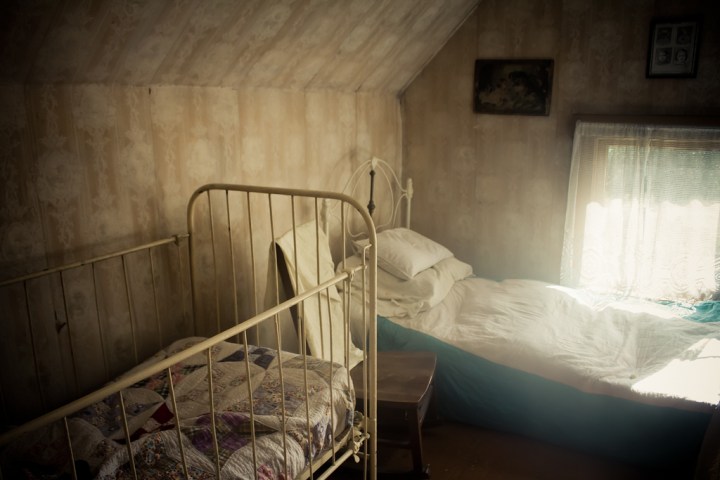
Kelly, who had been preaching at churches around the Midwest, where he developed a reputation for odd behavior. He suffered a mental breakdown as an adolescent, had spent time in a mental institution, and had been convicted for sending obscene material through letters.
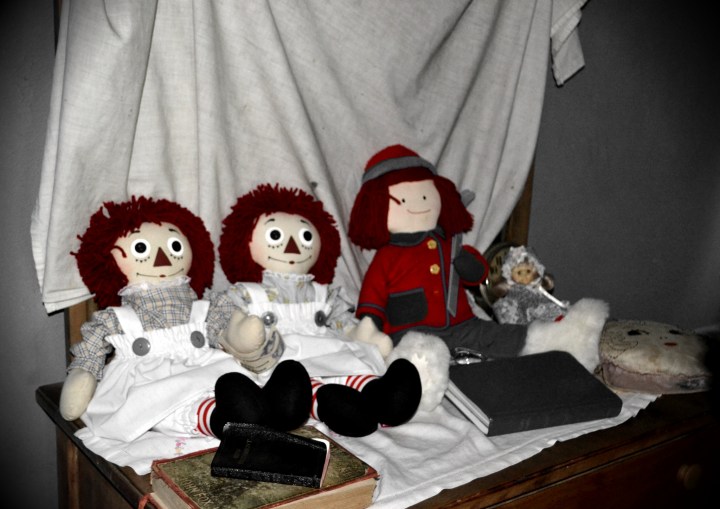
At trial, though, Kelly recanted his confession and the case went to a jury, who ultimately acquitted him of the murder.
Since Kelly’s acquittal, no one else has ever been tried for the murders. Over 100 years later, the case remains one of the most terrifying unsolved murders in Iowa history.
OnlyInYourState may earn compensation through affiliate links in this article. As an Amazon Associate, we earn from qualifying purchases.




